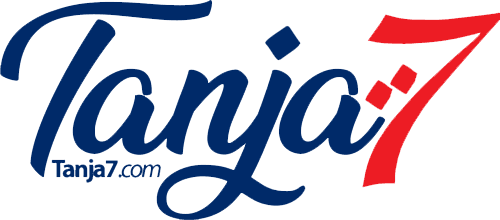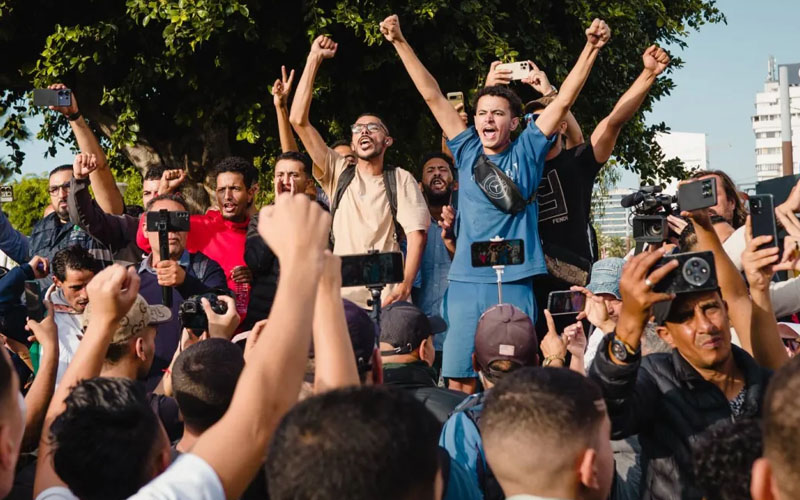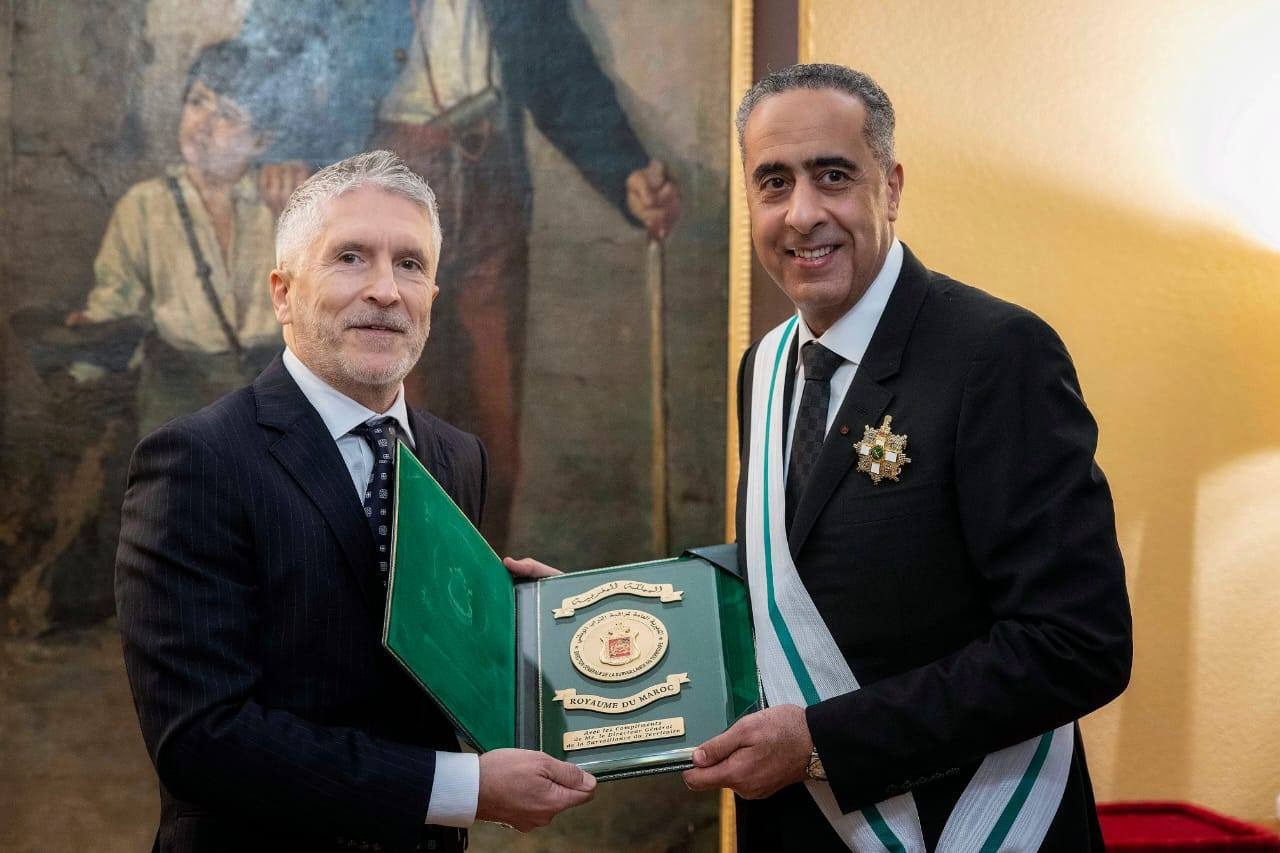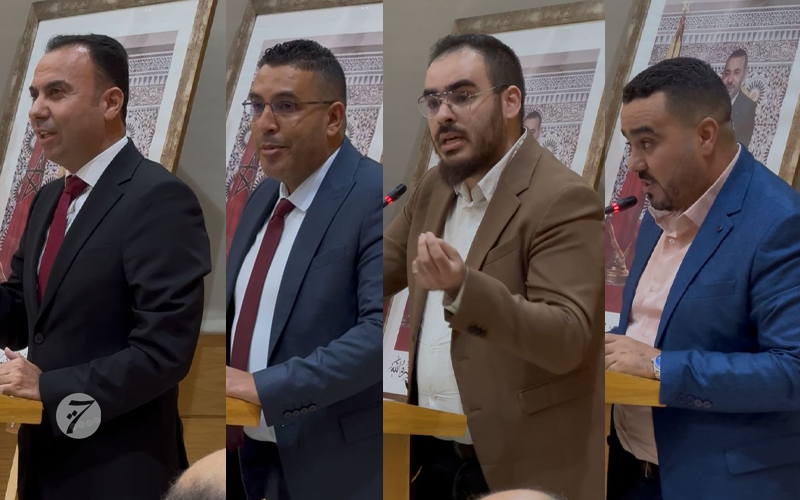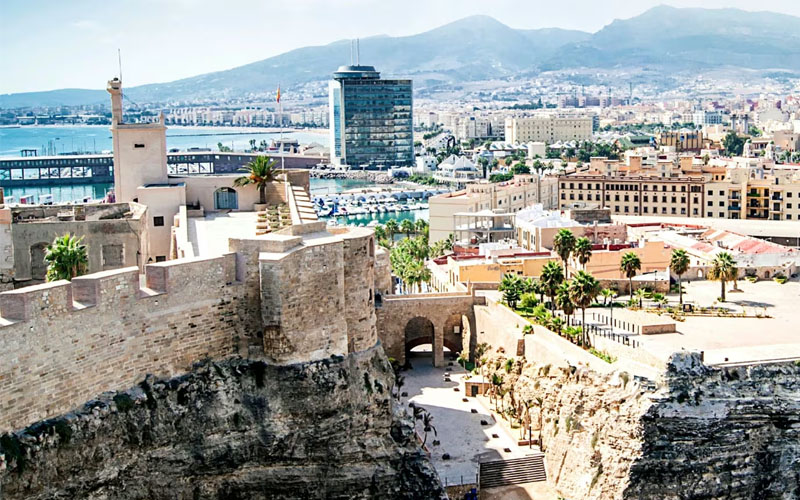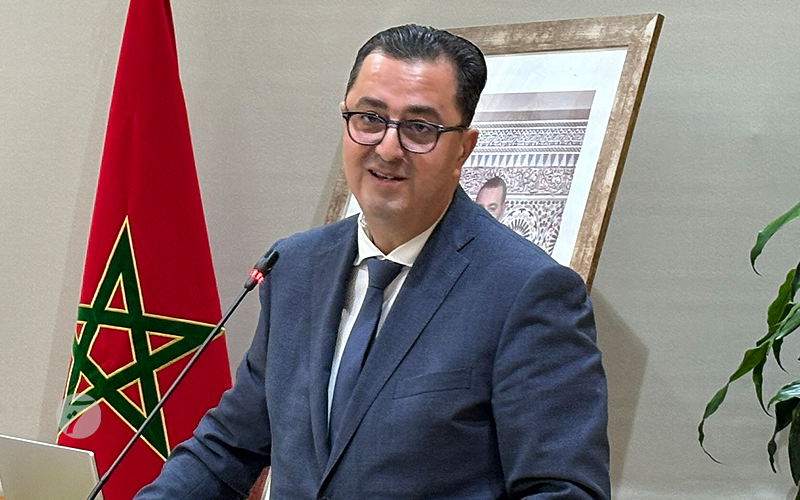The Moroccan Coalition of Human Rights Organizations has called on the Moroccan state to seriously listen to the sentiments of the public following a week of peaceful protests initiated by “Generation Z” in various regions across the country.
In a statement, the coalition urged immediate responsiveness to the expectations of young people and society as a whole, advocating for a wide-ranging and responsible national dialogue that includes diverse civil, political, union, and human rights expressions. This dialogue is aimed at finding realistic and tangible solutions to alleviate tension.
The coalition also demanded an independent and fair judicial investigation into all reported violations occurring in the context of these protests, including casualties from police gunfire during a protest in Qalâa (three dead) and incidents of being run over by security vehicles in Oujda, resulting in injuries, one of whom is in intensive care while another lost a leg.
The coalition rejected one-sided official narratives before the completion of judicial investigations, emphasizing the need to establish accountability and ensure no one escapes punishment.
Additionally, the coalition called for the de-escalation of the overall atmosphere in the country and a calming of social tensions by halting all ongoing legal proceedings against peacefully protesting youth and releasing all detainees linked to these protests.
It further urged the release of all political prisoners, opinion detainees, and activists of social movements, specifically mentioning those involved in the Rif protests, journalists, bloggers, human rights defenders, and social media activists.
In its statement, the coalition criticized what it described as “excessive violence” perpetrated by public forces during their handling of Generation Z protests across several cities. It noted the alarming repressive security approach the state has taken towards youth demands, asserting the need to abandon security measures in favor of political and rights-based strategies centered on dialogue, listening, and acknowledging the legitimacy of demands, as stated in the declaration.
Source
